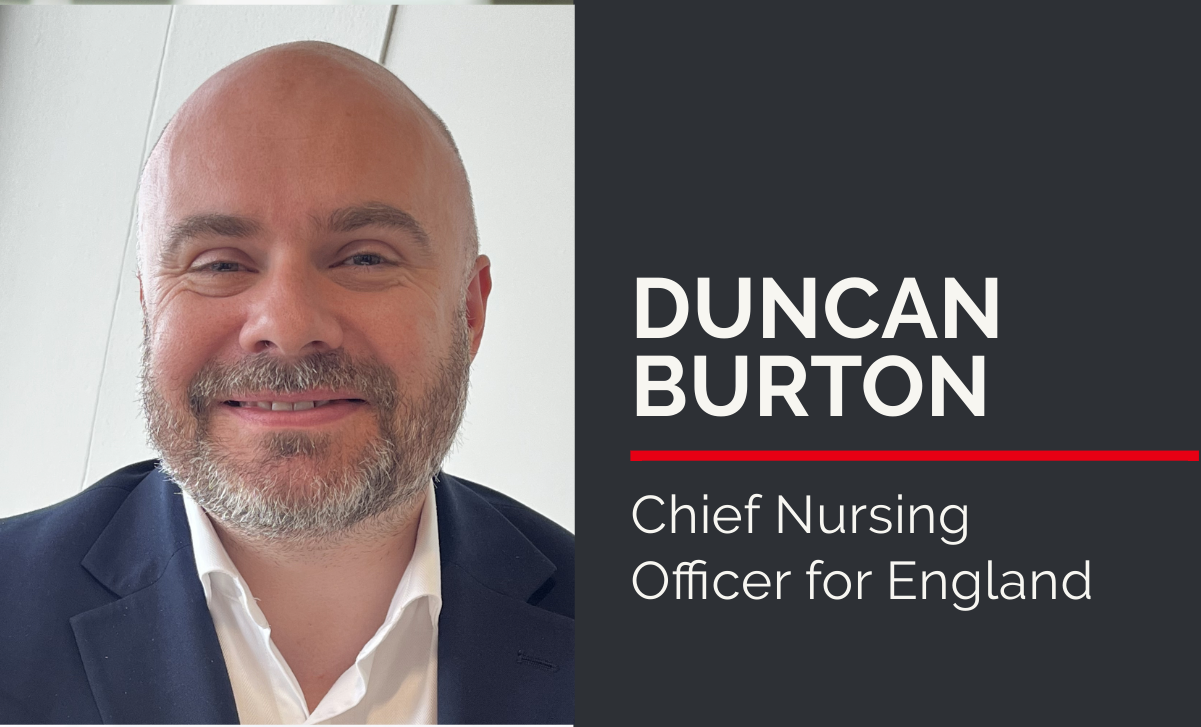Nurses support IT reform – but lack information
- 26 July 2005
Nurses remain supportive of NHS IT developments and rising numbers feel better informed about them – but the majority still say they have inadequate information or no information at all.
This latest snapshot of nurses’ views comes from an online survey by Nursix conducted earlier this year among 1776 Royal College of Nursing (RCN) members.
The survey was a follow-up to a 2004 investigation into nurses’ awareness of and engagement with NHS IT developments. In the intervening year the RCN developed targeted information and learning resources designed to increase members’ awareness, knowledge and skills.
In response to the question ‘How much information have you had about NHS IT developments?’ 36% of nurses felt they had adequate information compared to 24% in 2004. However, the majority (63%) had inadequate information or no information at all.
A similar picture is noted with awareness of the integrated electronic health record developments. Most nurses felt ill informed (72%) about these developments, yet there is a noticeable 6% increase in the number of nurses who have full or reasonably adequate information.
There is a health warning attached to the findings, however. The survey report acknowledges that the results come from a self-selected sample not fully representative of the nursing, midwifery and health visiting workforce of the UK as a whole.
The report commentary says that respondents to an online survey about information technology are more likely to be interested in and aware of NHS IT developments, making the findings related to these nurses’ level of awareness about national developments even more significant.
The key question that could not be answered by the survey relates to how the general nursing population views the changes ahead.
Among the survey respondents, however, optimism about NHS IT modernisation was high. Despite many having inadequate information about proposed developments, a majority of respondents (68%) believed that integrated electronic health care records would improve clinical care.
One in three felt they would lead to significant improvements in their working lives and the majority (69%) believed that the development of electronic healthcare records was an important priority for the NHS at this time. This positive outlook mirrored findings in the 2004 survey.
There was a fall in the number believing the multi-billion improvement planned in NHS IT represented good use of resources. In 2004, 67% answered positively on this issue while this year the proportion fell to 48%.
Looking more deeply into the effect of electronic records on patient care most respondents felt that not having timely access to an accurate and complete record might lead to ineffective patient care and could lead to actual harm.
Respondents were divided in the effect of electronic records on confidentiality with 36% believing the new records could be detrimental or somewhat detrimental to confidentiality and 31% feeling they could be beneficial or somewhat beneficial. 34% felt there would be little or no effect.
Over 90% felt that training was very important to the success of electronic records and 43% said they had either gained their European Computer Driving Licence or were planning to complete the training.
Access to computers remains an issue for nurses, however, with 32% reporting that they share a computer with 10 or more people – 11% of that number were in a scrum of 30 people or more fighting for computer time. At the other end of the scale, 32% reported having sole use of a terminal.
Related articles




